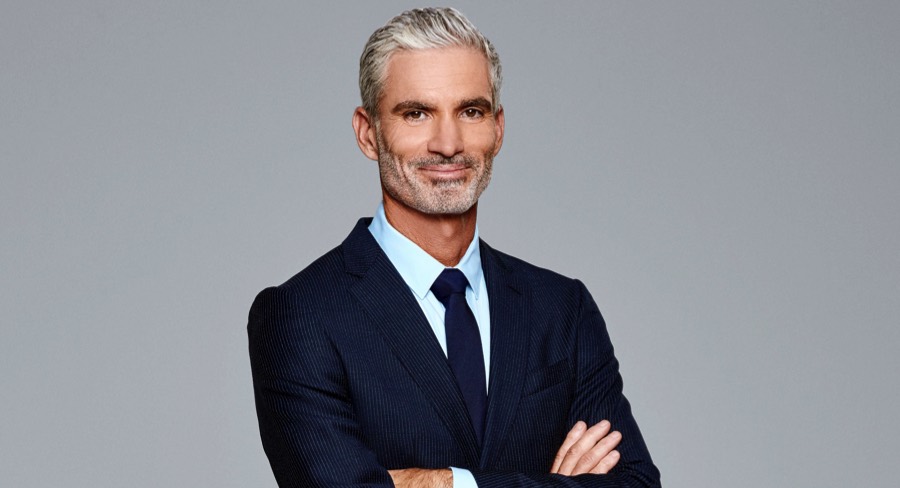What many broadcasters get wrong about soccer is that they feel the need to “Australianise” the sport in order for it to appeal to local viewers. But this is far from the truth, SBS’s chief football analyst Craig Foster told Mediaweek. He was speaking from Russia where he is covering the 2018 FIFA World Cup, which began June 14, 2018.
Foster said: “It’s sad and I am not a supporter of it. A lot of broadcasters in Australia feel as though in order for the game to continue to gain acceptance, it needs to be treated in the same way as NRL or AFL. They feel like it needs to use some of the same terms and colloquialisms.
“The history of SBS shows precisely the opposite. Our job is to treat football as it is and demonstrate to Australia the beauty of the game and the international qualities of it. We believe that Australia will come to the game if we do this. SBS is not about changing the game to suit Australia.”
The popularity of football in Australia has increased with each World Cup tournament. “The number of viewers for every single World Cup that SBS has shown has accelerated exponentially,” Foster said.
“The 2002 World Cup was a very important one. It was held in South Korea and Japan, which are in our time zone. This World Cup in particular over any other demonstrated that football had arrived in the country. Then Australia qualified for the 2006 World Cup and the fanfare only continued to increase.”
This year, SBS shares the broadcast rights for the World Cup with Optus Sports. The former will show one match a day live on free-to-air TV and will have highlights from all the games. The partnered setup to cover the World Cup is not a first for SBS, having previously done it with the ABC (1986) and Nine (2002). However, it is the first time that the free-to-air broadcaster is working with a telco company to bring the tournament to fans in Australia.
• Optus Sport announces hosts for its coverage of the 2018 FIFA World Cup
• Optus Sport reveals new 2018 FIFA World Cup campaign
• Twitter signs new deal with SBS to broadcast 2018 FIFA World Cup highlights
“The public will be the ones to judge how this setup works for them. From my perspective, it is another opportunity to talk about football… my job doesn’t change,” Foster said.
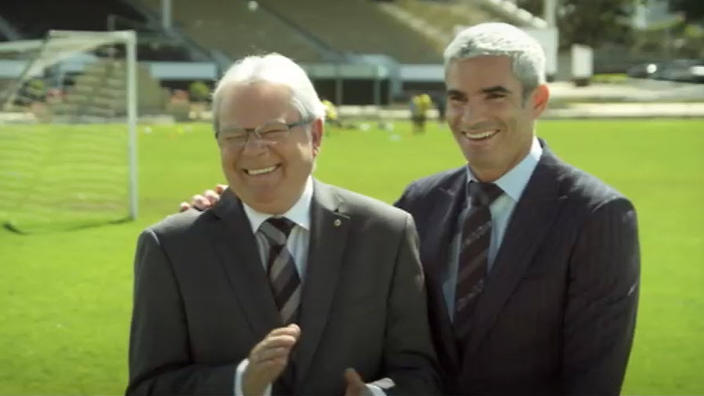
Les Murray with Craig Foster
This is also the first time that SBS will be covering a FIFA World Cup without the late Les Murray, the man who had established himself as the “voice of football”.
“Les didn’t become an icon because he wanted to become one. He became an icon because he was an outstanding professional who treated the game in a certain way,” Foster said.
He had a long working relationship with Murray. It was Johnny Warren and Murray who approached Foster to join SBS for its coverage of the 2002 FIFA World Cup after he’d retired from professional football.
“It was like stepping into the A-team environment,” Foster remembered. “As a player, it was like stepping into Real Madrid, Barcelona or Manchester United. The culture was very strong.”
Asked if he missed Murray, Foster said: “Oh, yes. He is irreplaceable.”
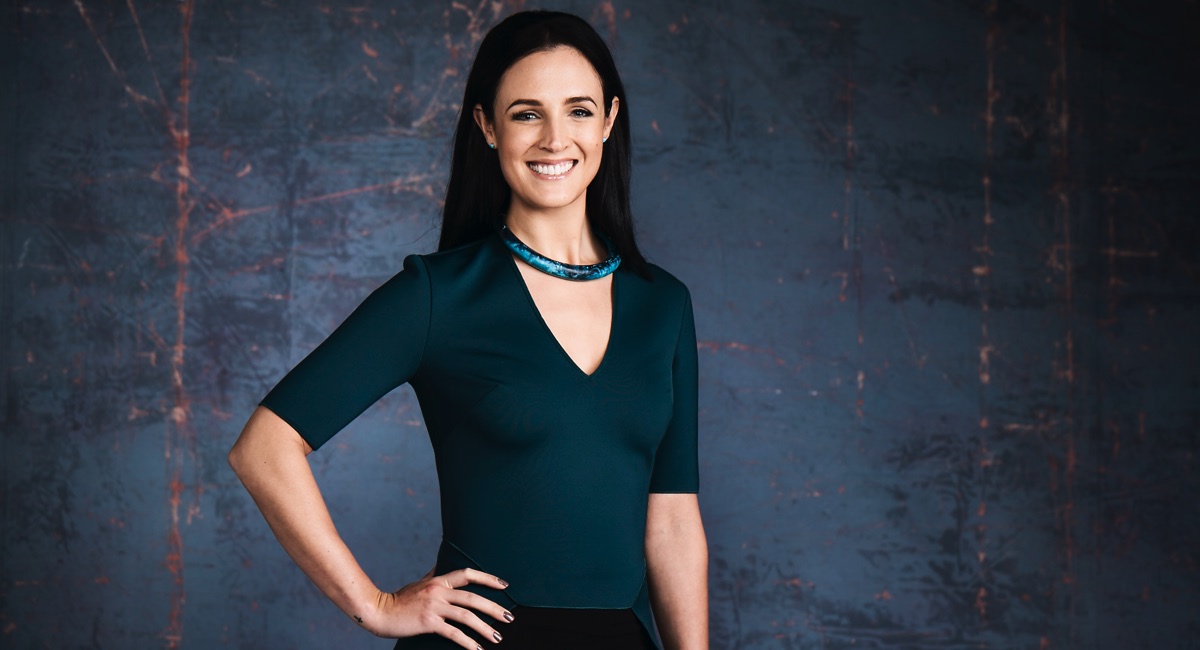
Lucy Zelić
Journalist Lucy Zelić will lead SBS’s coverage of the World Cup alongside Foster. His words of advice for her: “She is one of the most talented young sports broadcasters in the country. She shouldn’t feel as though she needs to fill Les’s shoes. Les was a one-off – we will miss him. We will make sure that his memory is respected through our coverage.”
About 5,000 Australian fans were estimated to be in Russia for the World Cup at the time of Mediaweek’s conversation with Foster.
“Australians continue to be among the highest numbers of travelling fans from a foreign land. It just goes to show the passion that our fans have for the Socceroos and the Matildas,” Foster said. “They add a great deal of colour and camaraderie.”
SBS’s Russia diaries
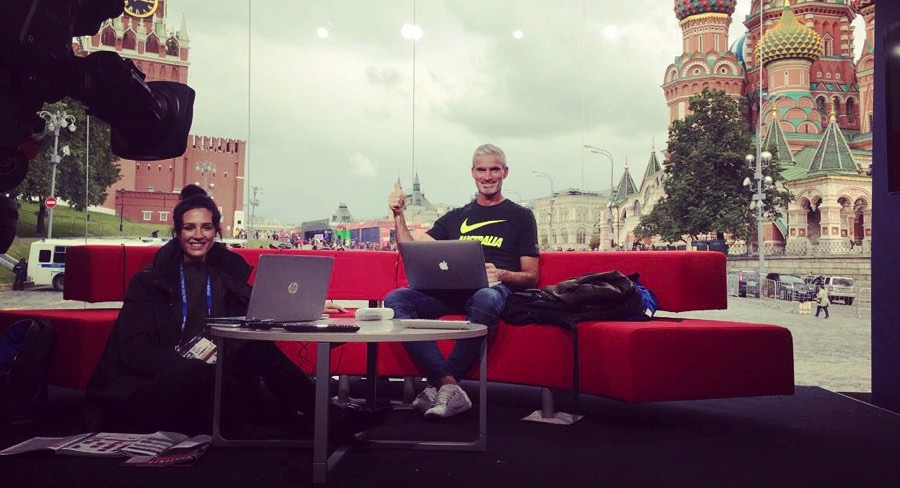
Foster and Lucy Zelić in the SBS Red Square studio
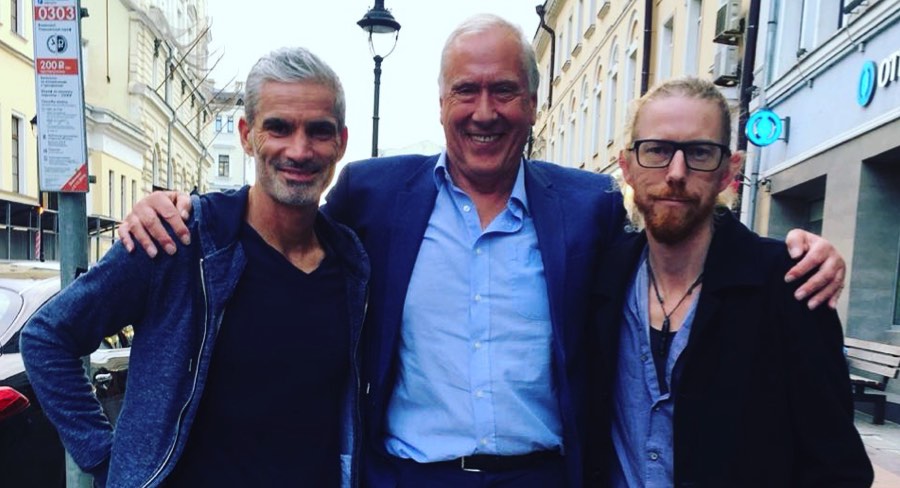
SBS chief football analyst Craig Foster with English football commentator Martin Tyler and producer Tom Anderberg
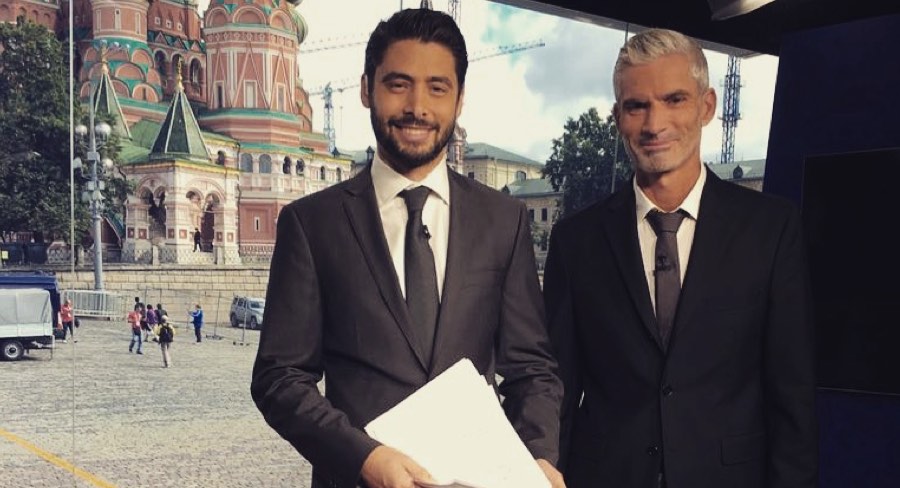
Craig Foster with with Darren Mara from SBS World News
